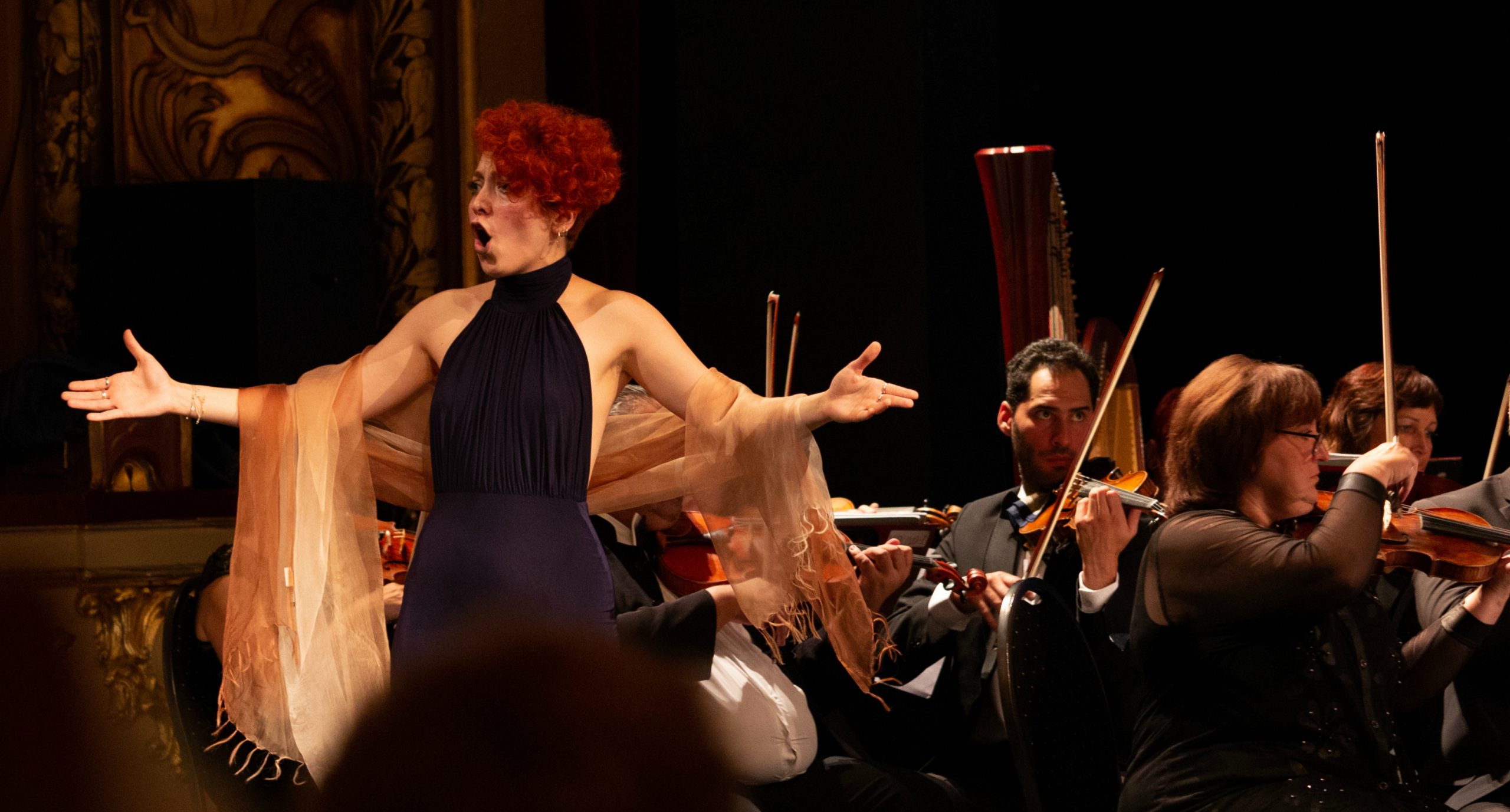 As I write this article, I’m taken back to my very first NATS competition. Being an extremely shy sophomore in high school with very little experience performing as a soloist, to say I was nervous was an understatement. What will the judges think of me? Will I be good enough? I have to do this right! These thoughts raced in my head as I stepped into the classroom.
As I write this article, I’m taken back to my very first NATS competition. Being an extremely shy sophomore in high school with very little experience performing as a soloist, to say I was nervous was an understatement. What will the judges think of me? Will I be good enough? I have to do this right! These thoughts raced in my head as I stepped into the classroom.
The moment I started singing, I froze. I couldn’t demonstrate the technique I had developed while learning the piece, nor could I even remember the words that came so easily just an hour before. I did not sing the way I wanted, the way I knew I could have. That day, I learned an important lesson: performing was a completely different skillset that I needed to develop.
Learning how to perform well is an essential, yet daunting task for singers. Dealing with nerves, negative thoughts, and trying to look good in front of people is a lot to manage on its own. Combine that with having to sing a song with proper technique while remembering the words… it can be a lot to deal with.
Thankfully, there are tricks to help you become a strong and confident performer. Here are four of them to help you get started:
1. Set realistic expectations. This one can be hard. We all want to get up on the stage and sing everything perfectly! While wanting to do the best you can is a good goal, it’s important to know you’re never going to perform precisely the way you want to. Instead of setting the goal to sing perfectly, set a small goal that is realistic and achievable. Try to do something you’ve been working on, like breathing from your stomach or keeping loose shoulders!
Remember, even the best singers do not give a flawless performance.
2. Change your self-talk. You’re going to have a lot of nervous energy before a performance. The trick is to channel this energy in a direction that is going to benefit, not hinder, your performance. You accomplish this by changing how you talk to yourself before you sing.
Instead of saying, “I’m so nervous!” try saying, “I’m so excited!”
Nervous energy and excited energy are actually quite similar. However, nervous energy can shut us down, while excited energy can enable us.
Instead of saying, “I have to do this perfectly.” try saying, “I’m going to show everyone the recent skills I’ve developed.” Remember, your job isn’t to do everything perfectly — just to show how you’ve improved (and have fun while doing it). Instead of saying, “What if I fail?” try saying, “What do I need to do to have a successful performance?” Remind yourself of what proper technique feels like, instead of taking up the mental energy worrying if you are going to be good enough.
3. Meditate before a performance. When we sing in front of people, our bodies often go into fight or flight mode. This can take us out of being bodily aware and make us freeze (similar to a deer in the headlights). When this happens, it’s nearly impossible to apply the techniques we’ve been working so hard to develop.
Meditation is known to ground us and bring us back to our bodies, even amidst stress, or in this case, performance anxiety. You’ll notice after only five minutes of meditating that you can have more of a clear mind and calm demeanor.
4. Practice in front of family/friends. There is no one you will feel more vulnerable performing in front of than those you are closest to. Singing in front of people you know will help you practice navigating the stresses that come with a performance before you even set foot on a stage.
Make sure you pick people who will give you a safe space to be vulnerable. When you have people loving and supporting you as you sing, you will be able to build confidence in your performing ability!
Singing in front of people with ease is a difficult task, one that will take time and practice to accomplish. Remember to be gentle with yourself as you develop these skills. In the meantime, try these tips and see if they help.


